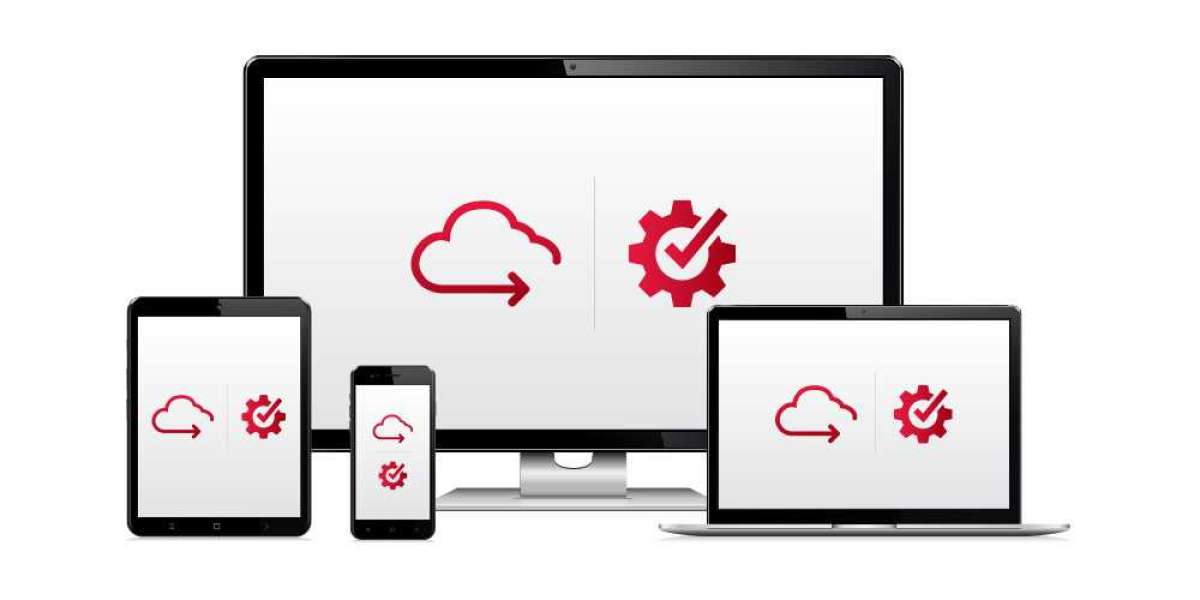Market Overview:
According to MRFR analysis, The global Access Control as a Service Market is estimated to be worth USD 22.3 Billion with an increasing CAGR of 15.30% during the forecast period (2022- 2030). The global wireless connectivity market is expected to grow at a significant rate over the next few years, according to a report by Market Research Future. The report suggests that the market will be driven by factors such as the increasing demand for wireless communication devices, the growing adoption of internet of things (IoT) technology, and the increasing use of wireless networks in various end-use industries.
Industry Trends
The wireless connectivity market is witnessing several industry trends, including the increasing adoption of IoT and smart devices, the growing popularity of Wi-Fi 6 and 5G technologies, and the rise of smart homes and smart cities.
The increasing adoption of IoT and smart devices is driving the demand for wireless connectivity solutions. According to a report by Ericsson, there will be around 29 billion connected devices by 2022. This presents a huge opportunity for wireless connectivity providers to offer solutions that can meet the growing demand.
The growing popularity of Wi-Fi 6 and 5G technologies is also driving the demand for wireless connectivity solutions. Wi-Fi 6 offers faster speeds, increased capacity, and improved coverage, while 5G offers low latency and high bandwidth. These technologies are expected to play a crucial role in the development of smart homes, smart cities, and autonomous vehicles.
Free Sample Copy - https://www.marketresearchfuture.com/sample_request/2011
Key Players:
The key players operating in the wireless connectivity market include Qualcomm Inc. (US), Intel Corporation (US), Texas Instruments Inc. (US), Broadcom Inc. (US), NXP Semiconductors N.V. (Netherlands), STMicroelectronics N.V. (Switzerland), Cypress Semiconductor Corporation (US), Microchip Technology Inc. (US), MediaTek Inc. (Taiwan), and Murata Manufacturing Co. Ltd. (Japan), among others.
Introduction:
In today's rapidly evolving digital landscape, organizations face increasing challenges in managing access to their resources and ensuring the security of their systems. Traditional access control solutions often require significant investment in hardware, software, and infrastructure, making them less viable for small and medium-sized businesses. However, Access Control as a Service (ACaaS) emerges as a game-changer, offering cost-effective and scalable access control solutions. In this blog post, we will explore the concept of ACaaS, its benefits, and its impact on the industry.
Understanding Access Control as a Service:
Access Control as a Service is a cloud-based solution that provides organizations with centralized control over their access management systems. Rather than relying on on-premises infrastructure, ACaaS leverages the power of the cloud to deliver secure and flexible access control capabilities. This innovative approach allows businesses to outsource the management of their access control systems to service providers, reducing the burden on IT departments and eliminating the need for costly hardware installations.
Benefits of ACaaS:
- Scalability: ACaaS offers businesses the flexibility to scale their access control systems effortlessly. With traditional solutions, expanding or modifying access control infrastructure can be complex and expensive. ACaaS eliminates these challenges by providing a scalable platform that can accommodate the evolving needs of organizations of all sizes.
- Cost-effectiveness: By adopting ACaaS, businesses can significantly reduce upfront costs associated with purchasing and maintaining hardware and software. With a subscription-based model, organizations can pay for the services they require, eliminating the need for large capital expenditures. Additionally, ACaaS reduces the need for dedicated IT staff to manage and maintain the access control system, further reducing costs.
- Enhanced Security: ACaaS leverages advanced encryption techniques and robust security measures to ensure the integrity of access control systems. Service providers implement stringent security protocols and continuously monitor and update their infrastructure to protect against emerging threats. This results in enhanced data security and reduced risks of unauthorized access to critical resources.
- Convenience and Ease of Use: ACaaS simplifies the management of access control systems through intuitive user interfaces and centralized administration. Authorized personnel can remotely manage access permissions, generate reports, and monitor system activity from a single dashboard. This streamlines administrative tasks and improves overall operational efficiency.
- Integration Capabilities: ACaaS integrates seamlessly with other business systems, such as human resources, visitor management, and video surveillance. This interoperability enables organizations to achieve a holistic approach to security management and leverage data integration for more informed decision-making.
Impact on the Industry:
The ACaaS industry has witnessed significant growth in recent years, driven by the rising demand for flexible and cost-effective access control solutions. The market is expected to continue expanding as organizations across various sectors recognize the benefits of outsourcing their access control systems to specialized service providers.
Related Reports:
3D Motion Capture System Market - https://www.globenewswire.com/news-release/2022/09/15/2517204/0/en/3D-Motion-Capture-System-Market-Size-Grow-At-USD-331-73-Billion-By-2030-With-a-CAGR-of-14-10-Report-by-Market-Research-Future-MRFR.html
Sensor Fusion Market - https://www.globenewswire.com/news-release/2022/09/14/2516099/0/en/Sensor-Fusion-Market-Worth-USD-19-83-Billion-at-a-19-70-CAGR-by-2030-Report-by-Market-Research-Future-MRFR.html
Conclusion:
Access Control as a Service represents a significant shift in the way organizations manage access to their resources and protect their systems. By leveraging the power of the cloud, ACaaS offers scalability, cost-effectiveness, enhanced security, and convenience to businesses of all sizes. As the ACaaS market continues to grow and evolve, we can expect further innovations and advancements that will shape the future of secure identity management.



